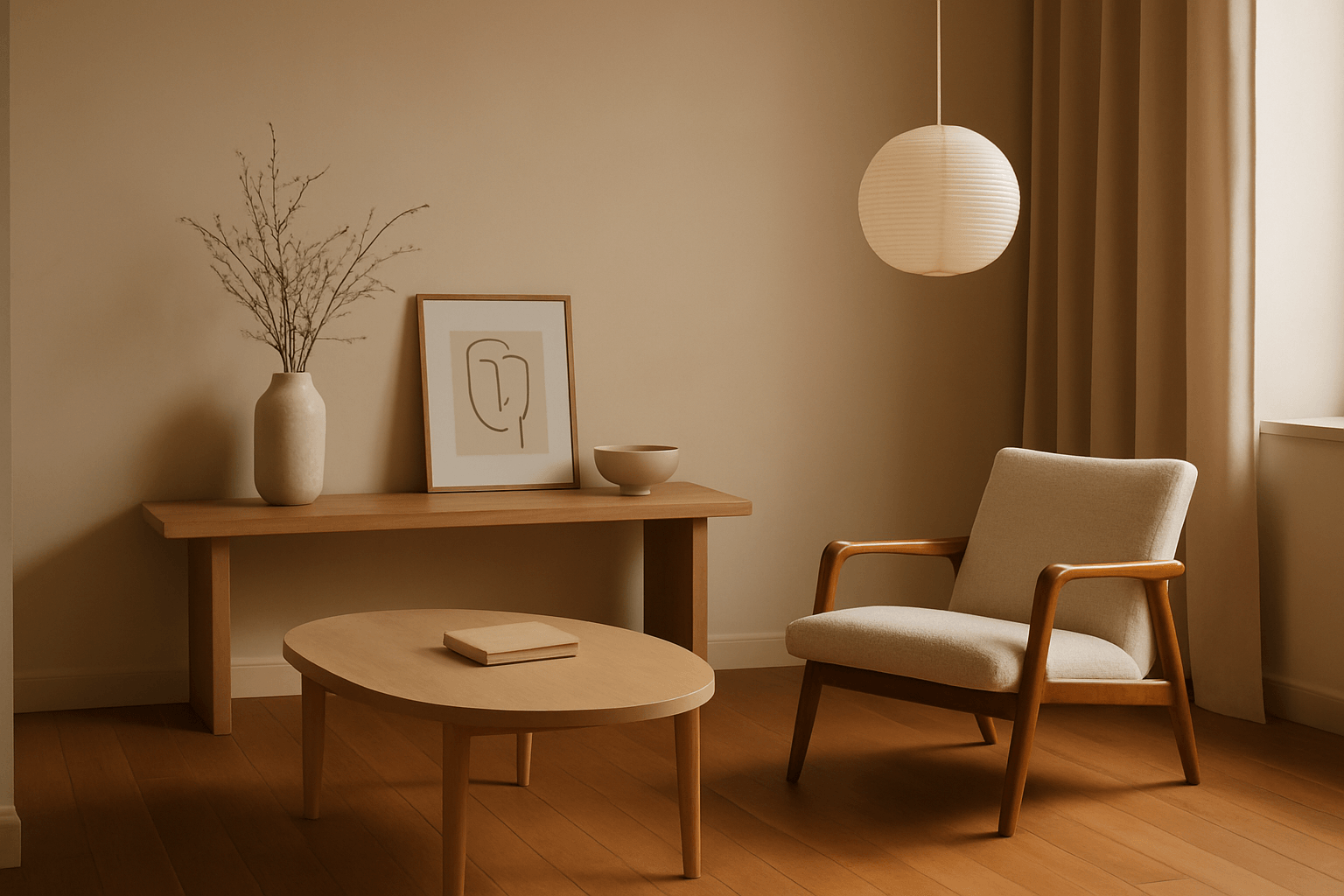Why Do Minimal Spaces Feel So Good?
Minimalism isn’t just a design style—it’s a mindset. And it turns out, there’s real psychology behind why clean, clutter-free spaces make us feel calmer, more focused, and even happier.
Let’s explore why “less” can actually feel like more when it comes to your home environment.
1. Clutter Creates Cognitive Load
When your surroundings are busy, your brain has to work harder to process everything. It’s called visual noise, and it can quietly drain your mental energy.
In contrast, minimal spaces reduce that input. With fewer objects competing for attention, your mind can relax.
2. Clean Spaces Encourage Focus
Ever notice how it's easier to concentrate in a tidy room?
Minimalism removes distractions. When your physical space is calm, your mind tends to follow. That’s why minimal design is often linked to productivity, creativity, and even better sleep.
3. Fewer Items, Stronger Connection
When you live with less, you tend to value what remains more deeply. A few well-chosen objects—a chair, a lamp, a print—can bring greater meaning and emotional resonance than a house full of things.
Minimalism isn’t about emptiness; it’s about intention.
4. Minimalism Promotes Emotional Clarity
A cluttered room often reflects a cluttered inner life. Letting go of physical clutter can help you let go of mental clutter, too.
It’s a subtle shift, but one that creates space for clarity, presence, and peace.
5. Simplicity Signals Safety
Humans naturally find comfort in order and predictability. When your environment is visually simple, it sends a signal to your brain: “This space is safe. You can rest here.”
That’s why minimal homes often feel so restorative—they’re a break from the overstimulation of the outside world.
Final Thought
Minimalism isn’t about having less just for the sake of it. It’s about making space—for calm, for focus, for joy.
If your home is your sanctuary, consider what removing one thing might create room for—mentally and emotionally.
















